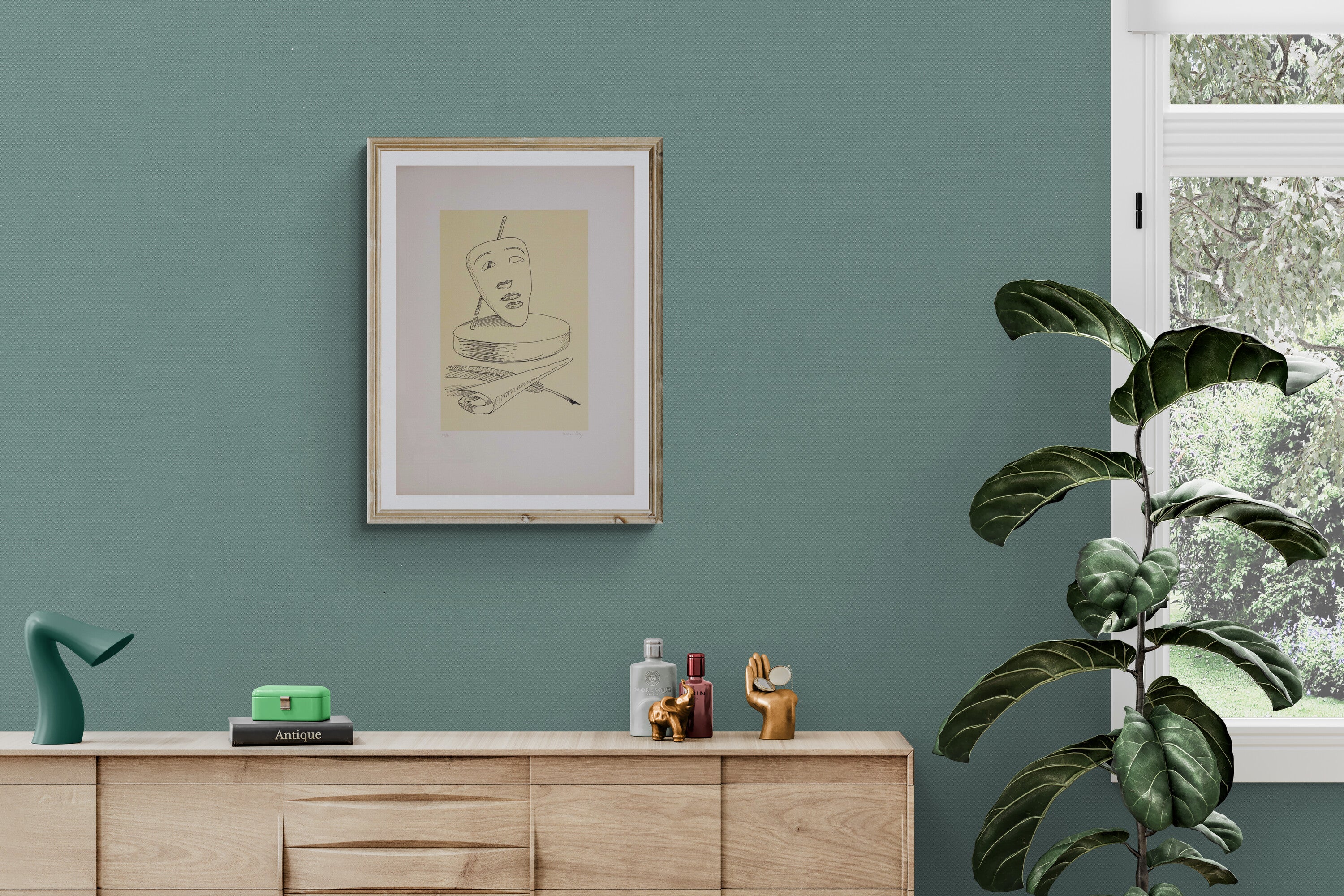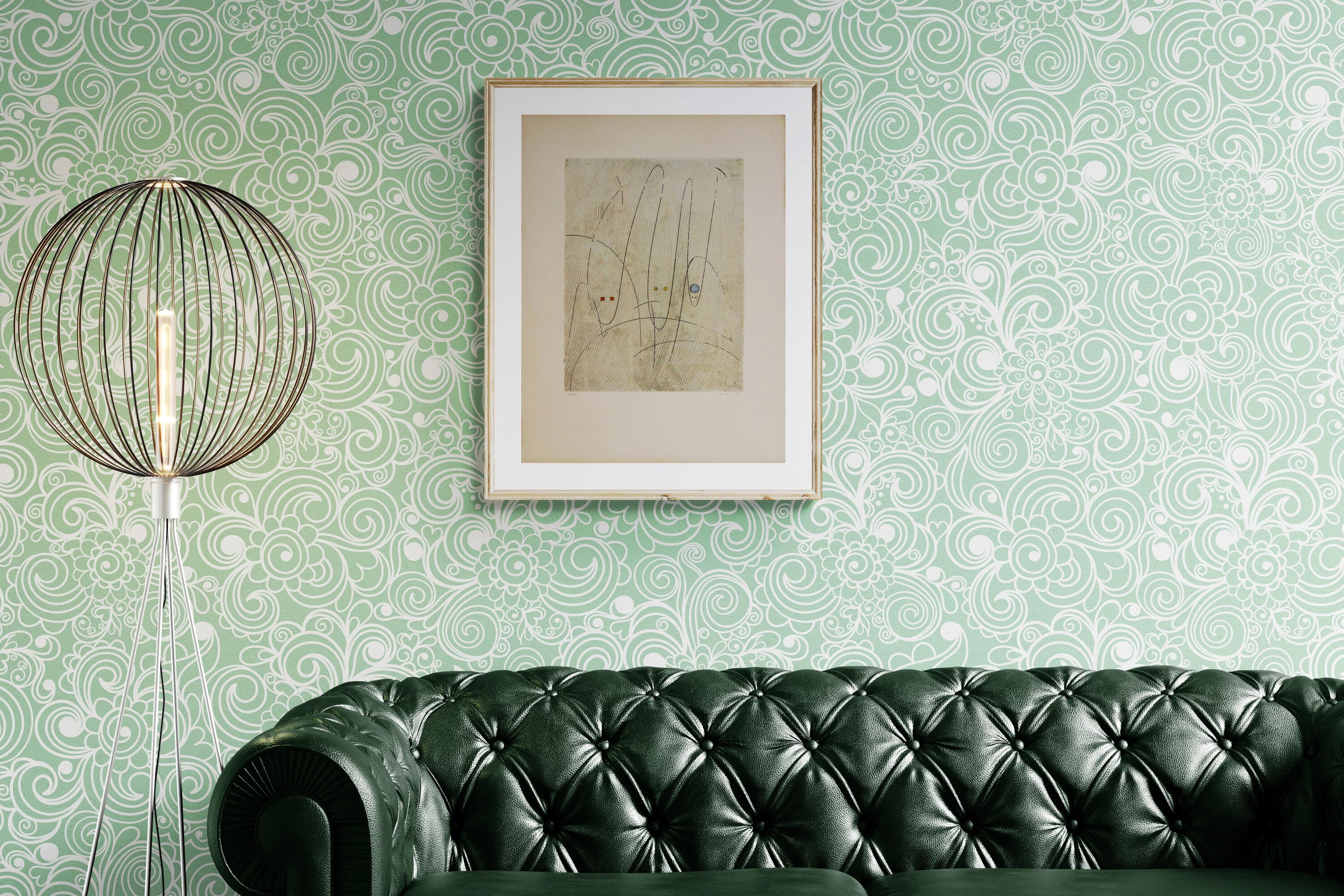Enzo Cucchi biography

Enzo Cucchi is an Italian painter, sculptor, and artist. He was born in Morro d'Alba on November 14, 1949. Self-taught, he took his first steps in the conceptual field before moving to figuration, becoming one of the main exponents of the Italian Transavanguardia.
For Enzo Cucchi, painting and sculpture are essential tools to express one's inner self. His subjects belong to a poetic universe that refers to popular culture and the unconscious. In his canvas works, often accompanied by drawings or poems written by the artist himself, the images re-present with a visionary gaze the subjects of myth, art history, and literature, giving life to compositions of great symbolic intensity, in which the world is often depicted as a battlefield between two opposing principles. His style is characterized by an undisciplined use of colors, first thickened, then stretched, and finally hinted at, and by experimentation with various artistic techniques, from painting to ceramics, mosaics, and bronze.
He began exhibiting at numerous Italian galleries including the Emilio Mazzoli gallery in Modena in 1979 and the galleries of Gian Enzo Sperone in Rome and New York from 1981 to 1985. He is also present, along with other representatives of the Transavanguardia, Sandro Chia, Francesco Clemente, and Mimmo Paladino, in numerous group exhibitions at international museums, from the Kunsthalle in Basel in 1980 to the Guggenheim Museum and the Stedelijk Museum in Amsterdam in 1982, the Tate Gallery in London in 1983, the Museum Würth in Künzelsau, Germany in 1998, as well as in the most important national and international exhibitions such as the XXXIX Venice Biennale and the XI Paris Biennale in 1980, Westkunst in Cologne in 1981, the IV Sydney Biennale, Documenta 7 in Kassel, and Zeitgeist in Berlin in 1982.
In recent years, the artist has created four permanent works for four different cities: the mosaic for the Museum of Art in Tel Aviv, the monumental ceramic for the Ala Mazzoniana of the Termini Station in Rome, the two ceramic works for the Salvador Rosa Station, designed by Mendini, in the Naples metro, and the mosaic for the courtroom of the new Palace of Justice in Pescara.
His works are found in the major museum collections worldwide and in the most prestigious national and international private collections.



